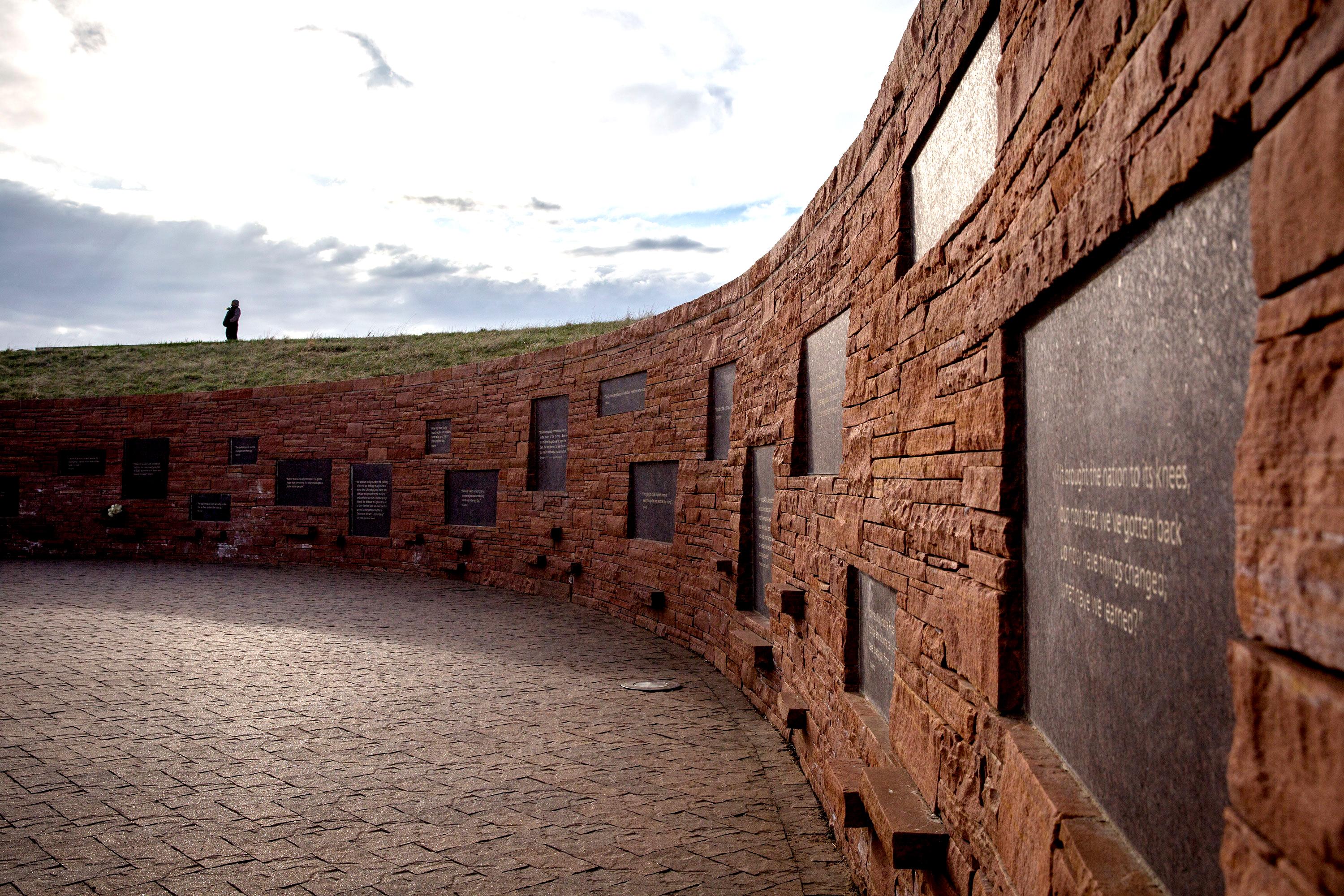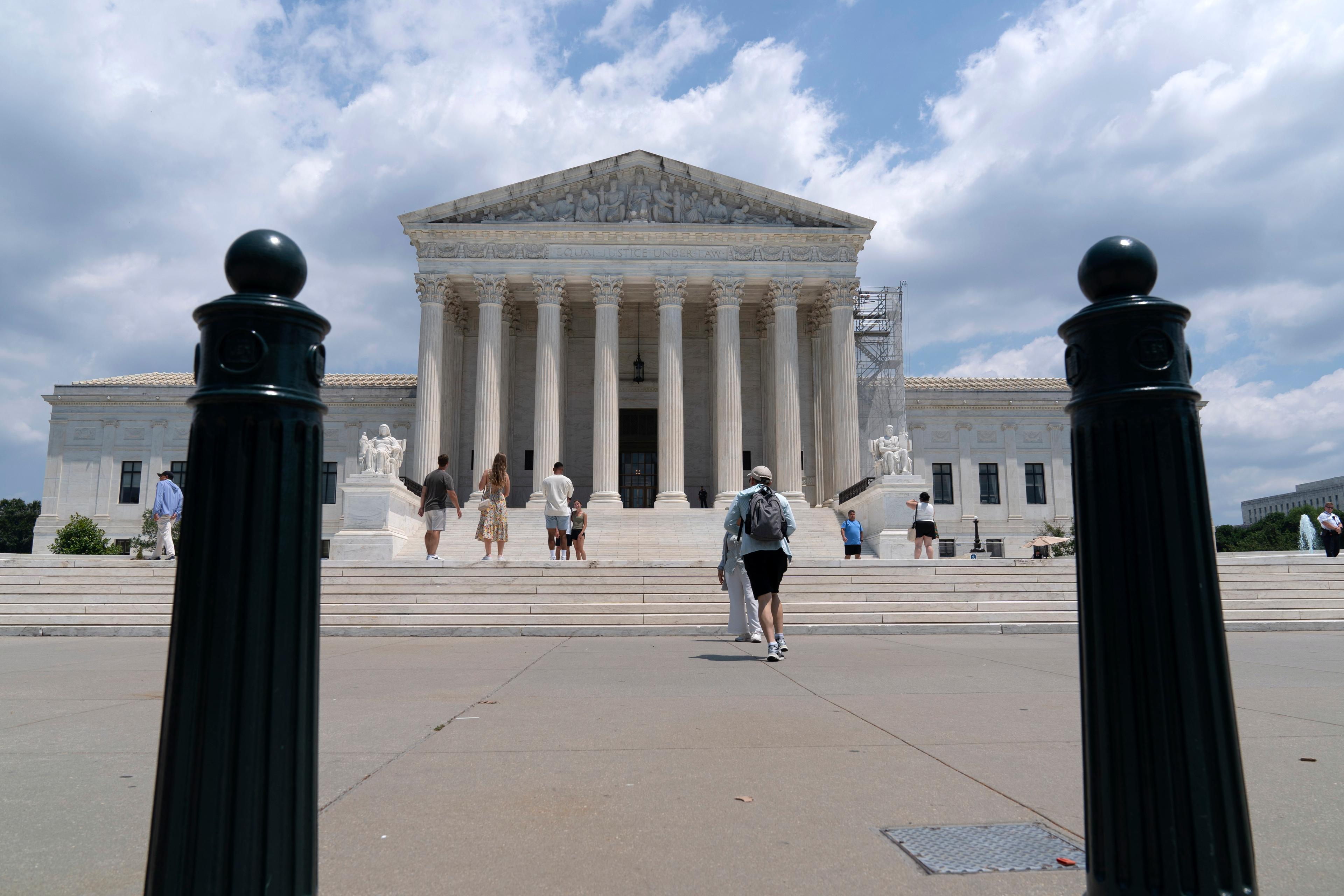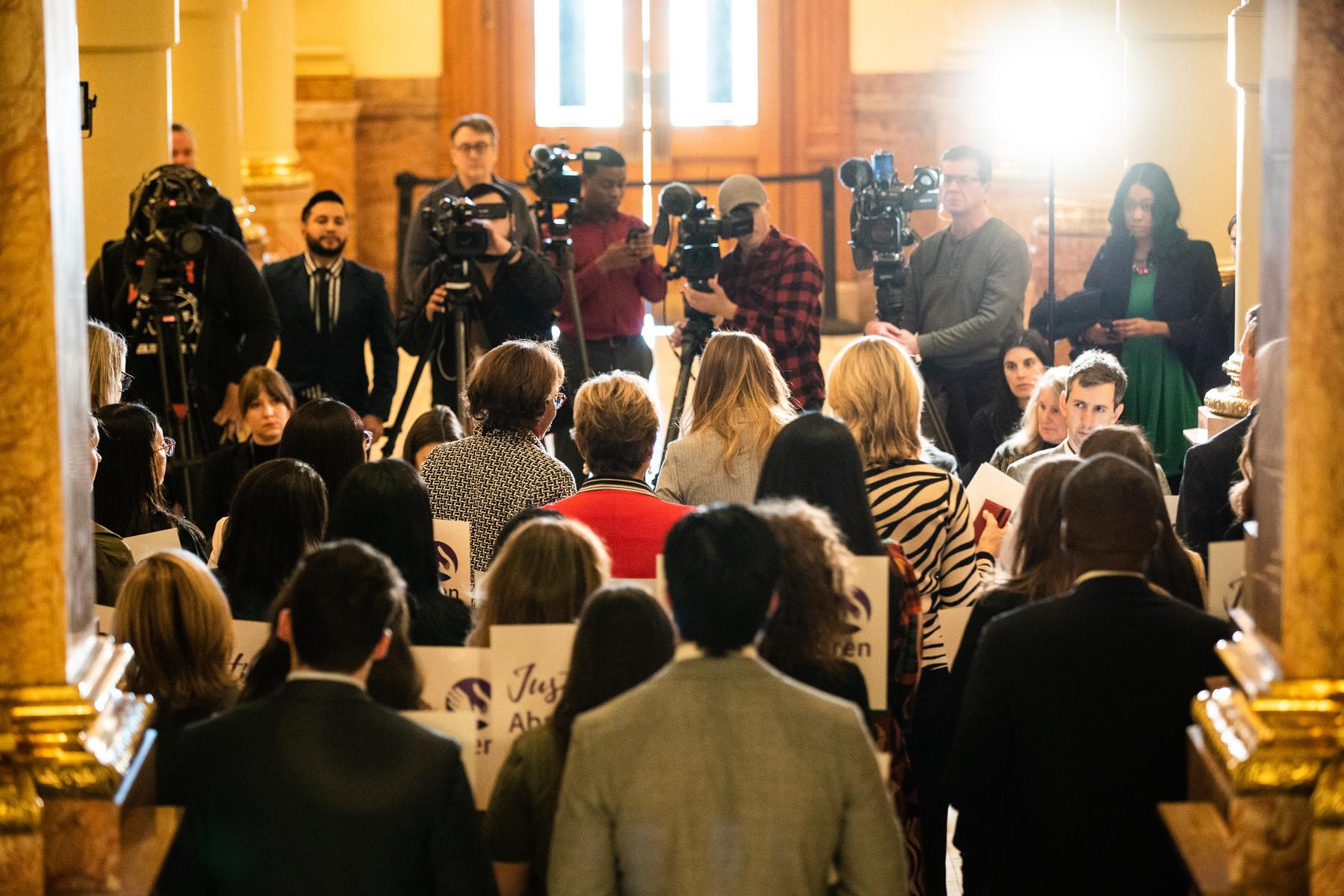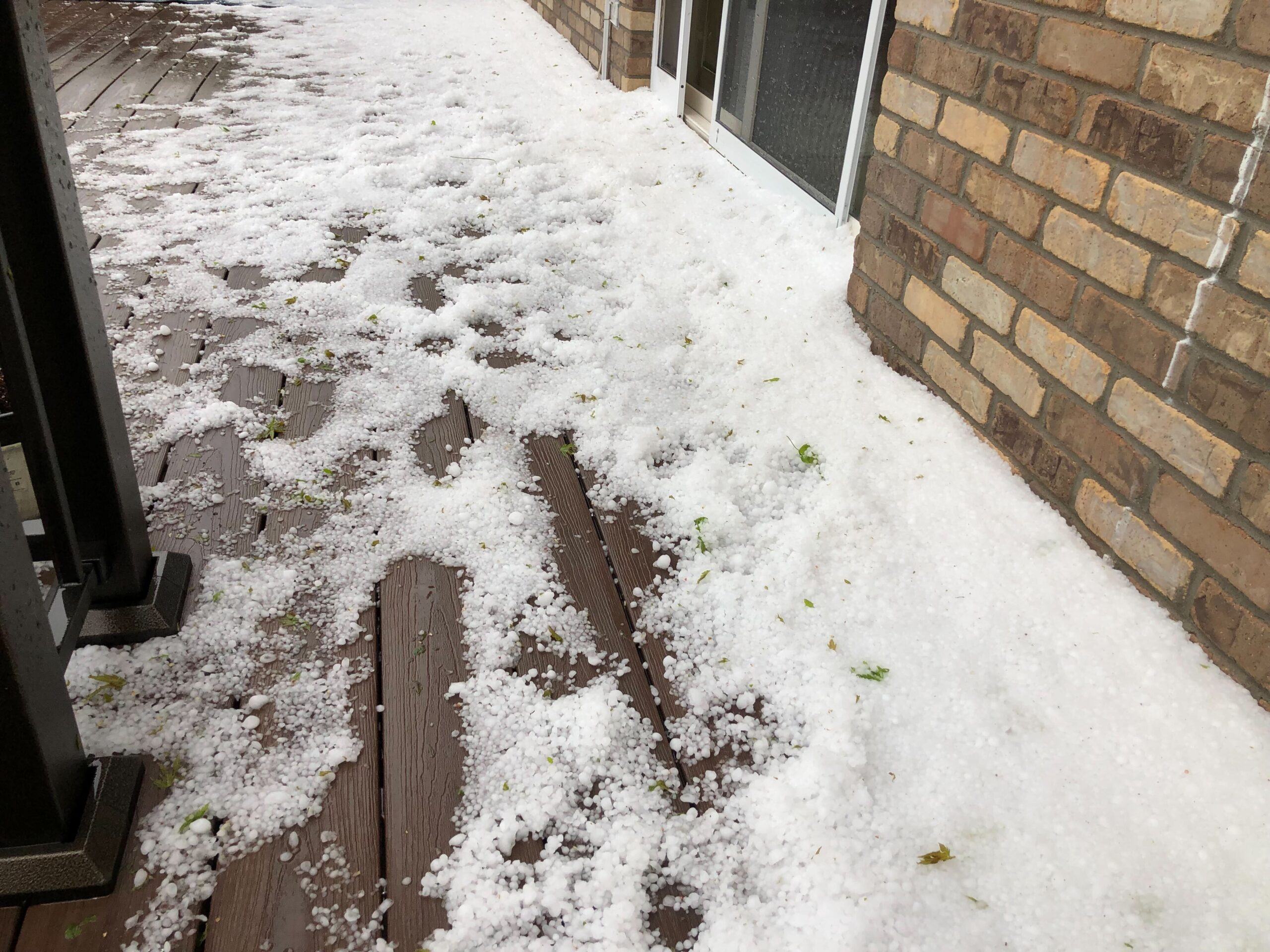

The 18-year old woman who the FBI said posed by a credible threat in the Denver area this week highlights a quandary the media and public officials face when talking about mass shooters and would-be mass shooters: when and how often to use their names.
The woman was found dead of an apparent suicide, officials said Wednesday. Her identity has been prominent in news reports on the threat.
But the very mention of her name and those of others has long concerned families of the victims of mass shootings, who started the group No Notoriety to urge the media to limit its coverage of the killers and use their names sparingly. One concern is that naming perpetrators or would-be perpetrators feeds into their desire for fame and notoriety.
Families say broadcasting these names also invites copycats.
The 18-year-old had a “fascination with the Columbine area and the horrendous crime that went on there 20 years ago,” Jefferson County Sheriff Jeff Schrader said Wednesday during a press conference held by the JeffCo Public Schools.

One of the family members who joined the No Notoriety movement is Coni Sanders, whose father Dave Sanders died in the attack at Columbine High School 20 years ago on April 20, 1999. Dave Sanders was a teacher and coach at the school, and he's credited with saving dozens of students during the shootings. Sanders pointed out that in the case of Columbine, she’s noticed many people can name the shooters, but far fewer can name even just one of the victims.
She said the issue came into sharp focus for her a few years ago when she was on a plane to meet with families of victims of Sandy Hook Elementary School and the Virginia Tech shootings.
"I had one of the popular magazines — People Magazine — and in it, it said the top 50 most notorious murderers,” Sanders recalled. “And on that page were pictures of all of the murderers of these peoples' loved-ones and I just thought, we can't do this. We can't keep fueling future murderers."

Tom and Caren Teves founded No Notoriety after they lost their son Alex in the Aurora Theater Shooting in 2012. They were on vacation during the attack and said they had trouble finding any information on the victims despite extensive coverage of the shooter.
Tom Teves said once he and his wife buried their son, they started doing research on mass killers and discovered one common reason they kill is the need for attention.
"It became quite obvious that the major reason these shootings happen is because these folks can't make it in life so they can make it by killing other people,” Teves said.
Teves acknowledges sometimes the names of mass killers are essential to a media story. And he says it can even be valuable and necessary to focus on them.
"We're not saying don't study them,” Teves said. “We're saying that you should research them, find out whatever characteristics are similar to help you find someone to stop them from doing this and get the help they need. But the name is irrelevant."
Editor's Note: Colorado Public Radio's policy is to minimize the identification of mass killers, using that information only when it is essential to the story.









